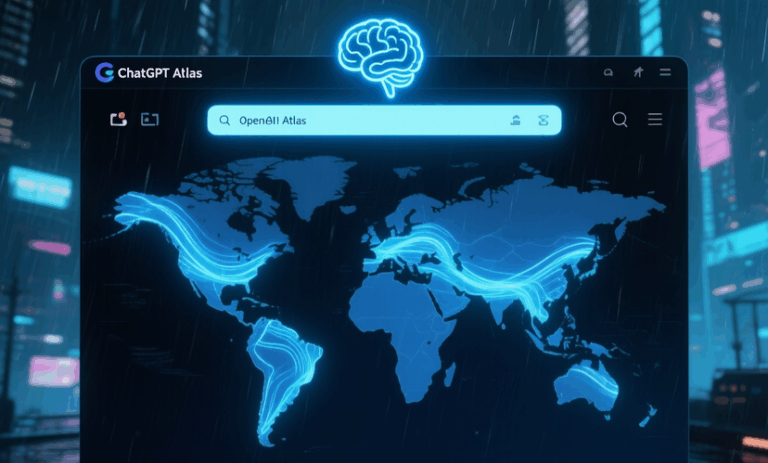
Artificial intelligence is increasingly woven into the fabric of recruitment processes, promising efficiency and objectivity. Yet, beneath this veneer, AI systems often carry the unconscious biases embedded within their training data. A recent exploration into online image datasets, used to train AI models, reveals persistent stereotypes relating to age and gender that tilt decisions about an individual’s job suitability. This invisible bias raises critical questions about fairness and equality in automated hiring practices.
These stereotyped assumptions often manifest in problematic ways, especially when AI perceives age or gender as proxies for competency rather than focusing on skill or experience. For example, women’s ages might be underestimated or overestimated based on societal notions, leading to misguided assumptions about their professional abilities or roles. Algorithms trained on such biased data risk perpetuating these inaccuracies, systematically disadvantaging certain groups and reinforcing existing inequalities in the workforce.
From an ethical standpoint, the ramifications are profound. Relying on flawed AI evaluations could entrench discriminatory hiring patterns under the guise of technological neutrality. This not only damages the prospects of individuals unfairly assessed but also undermines organizational diversity and inclusivity goals. If unchecked, these biases have the potential to erode trust in AI-powered recruitment tools and provoke broader debates about the role of automation in critical human-centric decision-making.
Addressing these challenges requires a proactive and nuanced approach. Developers must rigorously audit training datasets for hidden biases and continuously refine algorithmic frameworks to ensure that AI systems prioritize fairness and equity. Institutions adopting AI for hiring must demand transparency, accountability, and the participation of diverse perspectives in the design and deployment of these technologies. It is equally vital to complement AI assessments with human judgment to balance machine efficiency with empathetic understanding.
Looking ahead, the future of AI in hiring hinges on our collective choices. While these technologies hold promise for reducing some human errors and biases, they can just as easily magnify societal prejudices if left unchecked. Ultimately, crafting AI tools that enhance fairness rather than hinder it will be a defining challenge—and opportunity—of the decade. Mindful stewardship can unlock AI’s true potential: fostering a more equitable and inclusive world of work.



